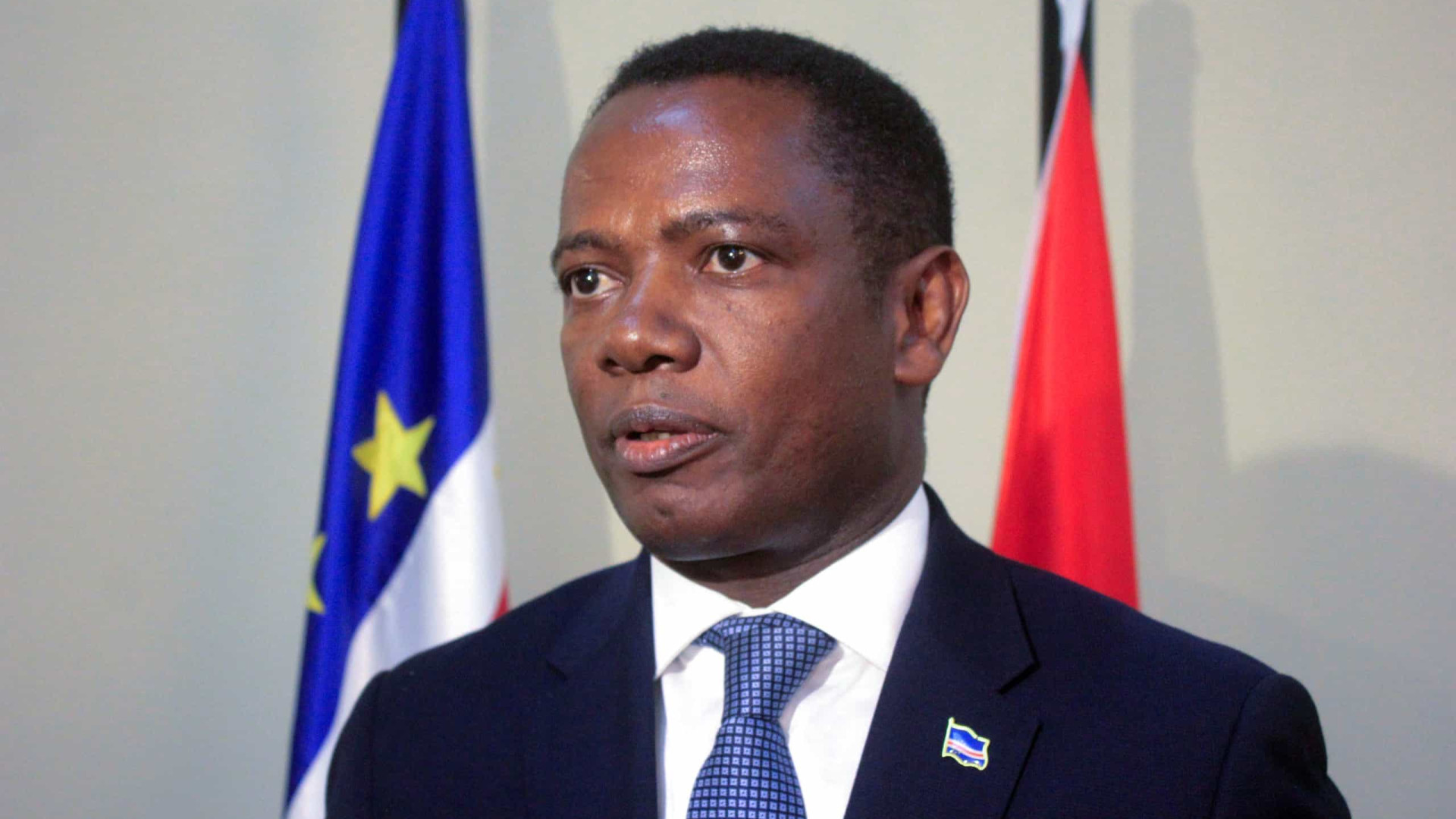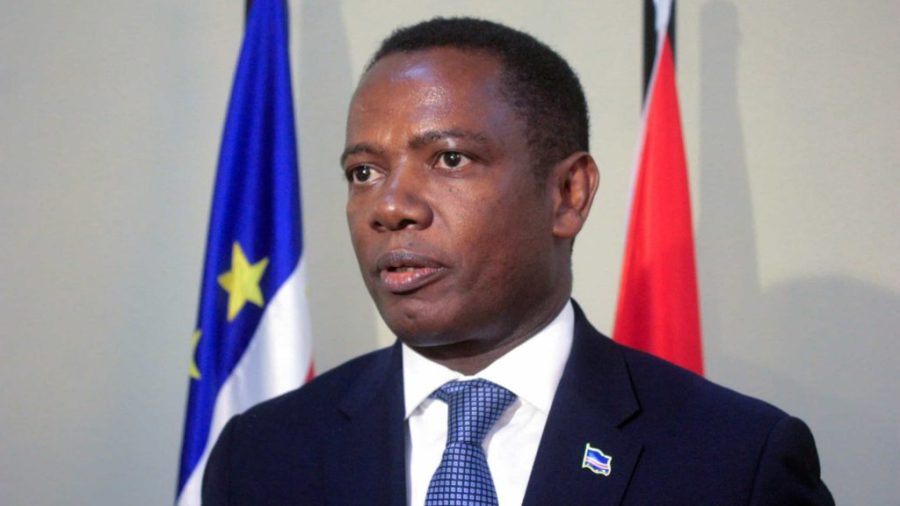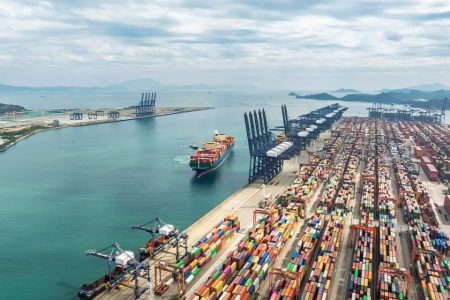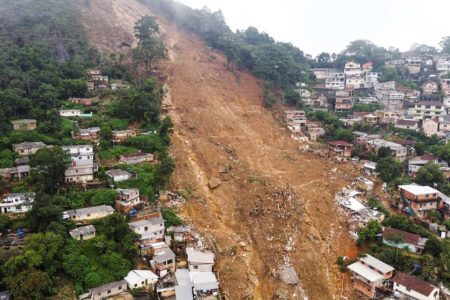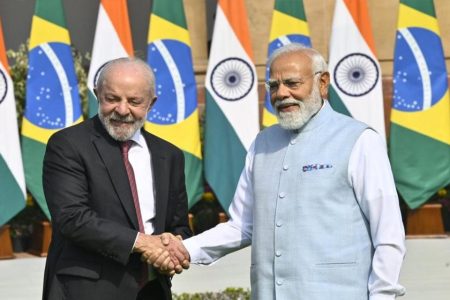Cabo Verde has revised upwards its forecast of economic growth for this year, which due to the war in Ukraine had dropped to 4 per cent but may now reach 12 per cent.
Deputy prime minister Olavo Correia, speaking on the sidelines of a meeting in Praia with a mission from the International Monetary Fund (IMF), said:
“Despite the adverse external scenario, the government estimates that the economy will grow between 10.5 and 12 per cent [of Gross Domestic Product] in 2022 and 4.9 per cent in 2023, with a perspective of greater tourist demand,” he said.
Cabo Verde has been facing an economic crisis due to the sharp drop in tourist demand – a sector that normally guarantees 25 per cent of the archipelago’s GDP – since March 2020 following the Covid-19 pandemic.
In 2020, it registered a historic economic recession, equivalent to 14.8 per cent of GDP, followed by a growth of 7 per cent in 2021, driven by the resumption of tourist demand.
For 2022, due to the economic consequences of the war in Ukraine which spurred a rise in prices, in June the Cabo Verde government lowered its growth forecast from 6 to 4 per cent.
However, the Banco de Cabo Verde announced in October an upward revision of the forecast for economic growth this year, to 8.3 per cent, with inflation standing at 8.1 per cent.
This forecast has now been surpassed by the most recent government indicators revealed by Olavo Correia.
The IMF began an “important mission to Cabo Verde” this week, aiming at the first review of the Extended Credit Facility Programme (ECF), approved in June, and which includes a line of extended credit of US$60 million.
At the time, the IMF executive board announced that the ECF agreement would continue until June 2025 to support the archipelago via special drawing rights.
